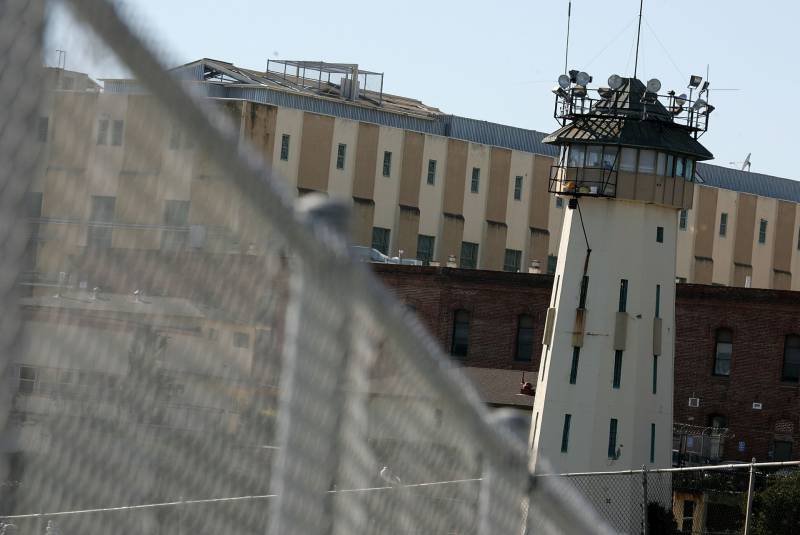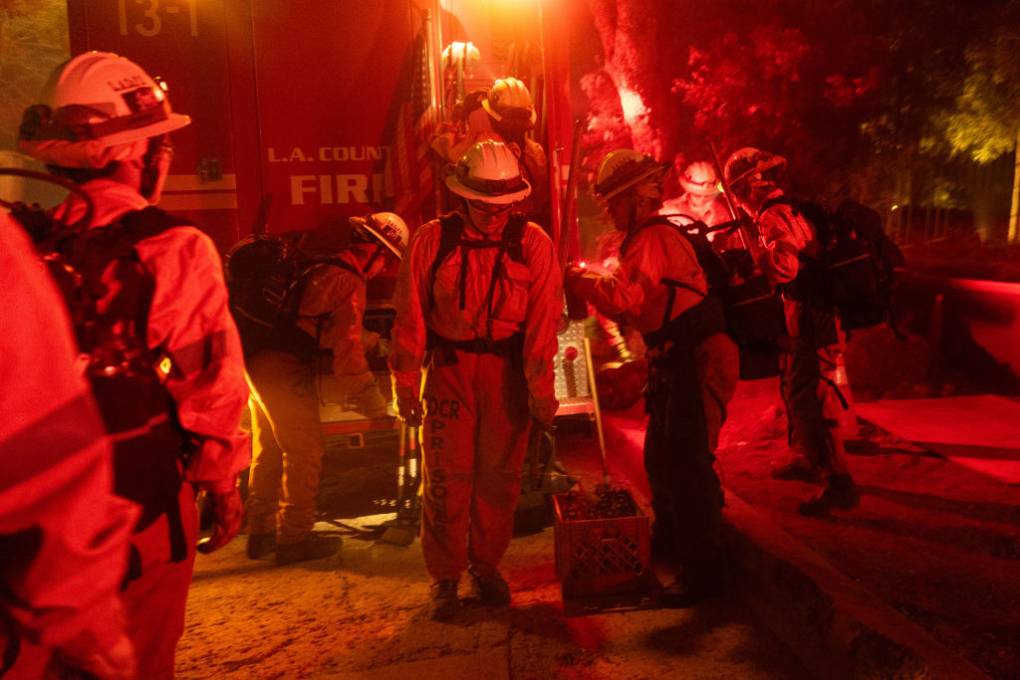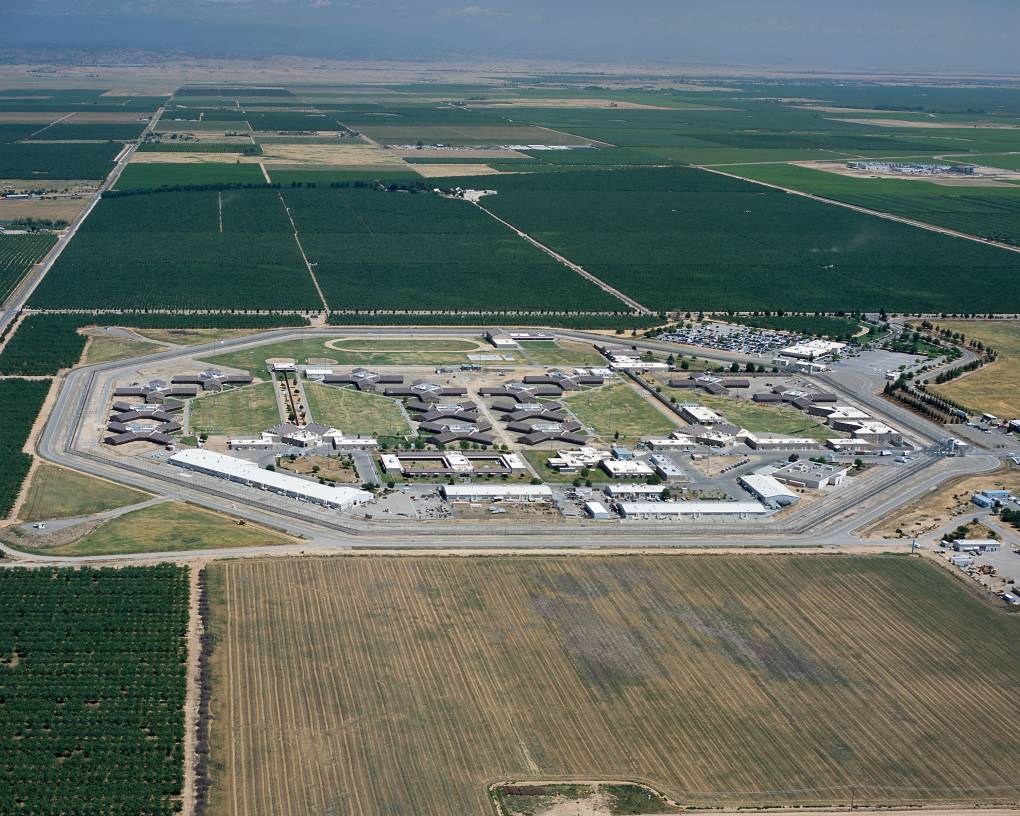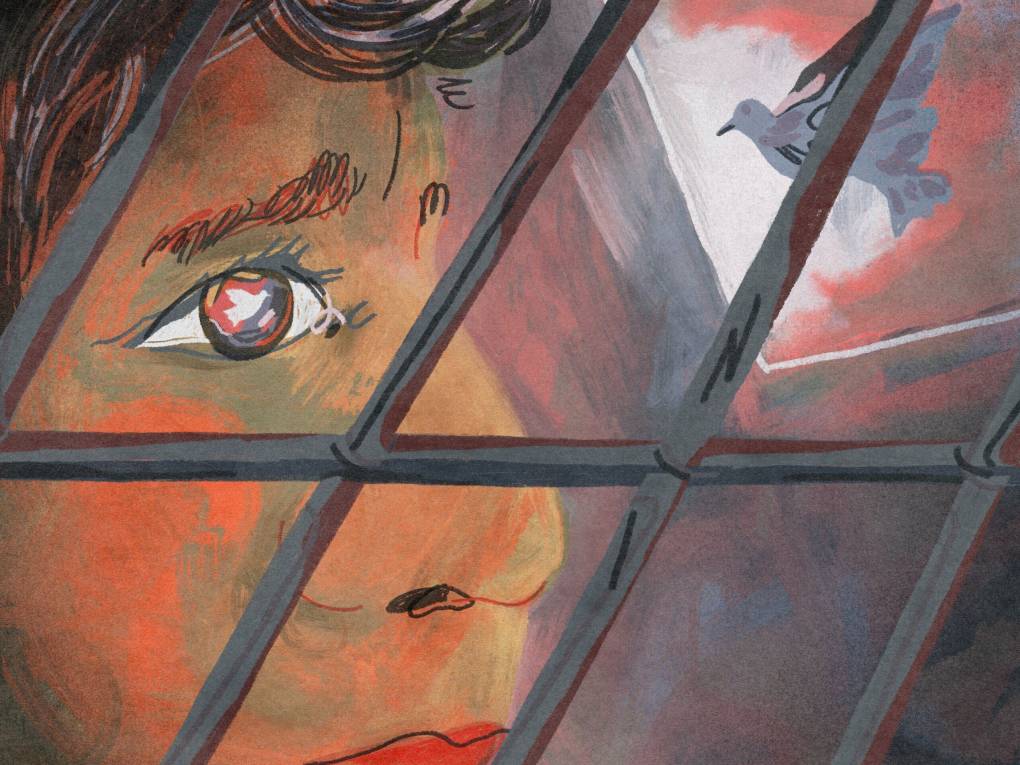Dentists at the San Quentin State Prison clinic said they’d been pushing for crucial workplace safety improvements for months before state regulators intervened and shut down key operations.
Regulators with the California Division of Occupational Safety and Health (Cal/OSHA) had posted a red tag Wednesday at the clinic, declaring certain parts off limits and certain procedures as “dangerous.” Regulators said the hazardous work conditions “contributed to the spread of SARS-CoV-2 in the workplace.”
San Quentin has seen the largest coronavirus outbreak in the state prison system. More than 2,200 people incarcerated there have tested positive for COVID-19 and 26 have died from the virus. More than 270 staff have been infected and one has died, according to the California Department of Corrections and Rehabilitation (CDCR).
The dental clinic, which treats people incarcerated at the prison, employs six dentists, three of whom agreed to share their concerns with KQED on the condition that they not to be named, for fear of losing their jobs.
The dentists, who are members of a public policy committee for the Union of American Physicians and Dentists, said San Quentin officials had repeatedly failed to address their concerns about the risks of spreading COVID-19 through dental exams and procedures.
“I could not trust my job to keep me safe,” one of the dentists said Friday. “I was terrified of bringing it home.”
A few days after statewide shelter-in-place orders were imposed, the California Dental Association issued guidance that dentists should immediately suspend all non-essential, non-emergency procedures for the next 14 days.
At San Quentin, however, the dentists said their supervisor ordered them to continue routine screenings of inmates transferring in from county jails, a task that entailed putting dozens of men together in holding cages and checking each person for broken jaw bones or signs of infection. Adding to their concerns, the dentists said incoming inmates were not being quarantined upon arrival for 14 days at that time.
“Just looking in their mouths is putting us at risk,” one dentist said. “We were just told, ‘Do your job.’ ”
On March 23, all but one of the San Quentin dentists refused to do the screenings.
One day later, on March 24, the head of dentistry at CDCR adopted a new policy to end non-urgent dental screenings.



